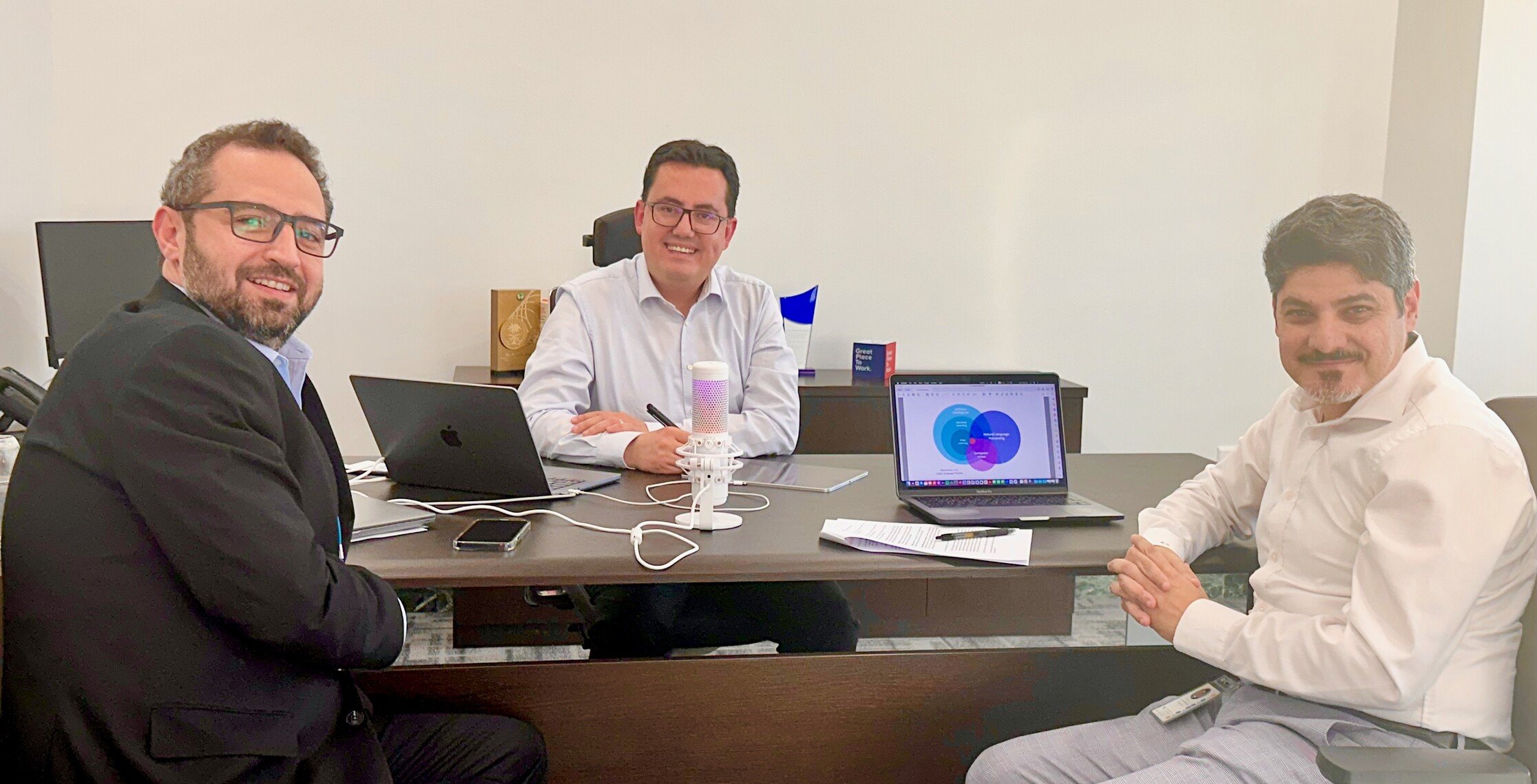Event Recap: AI in Healthcare: Let’s Talk Transformation!
Yesterday (4 Jul. 24), we delved deep into the world of artificial intelligence and its profound impact on healthcare during our LinkedIn audio event, 'AI in Healthcare: Let’s Talk Transformation!' Hosted by myself, Dr. Fatih Mehmet Gul, MD, and joined by industry experts Adel Al-Shabaan from Health.Links and Khalid Almaghrabi from Fakeeh Technologies, we explored how AI is reshaping our approach to healthcare management.
Discussion Segment 1: AI Applications and Integration
We began by acknowledging AI’s transformative potential, moving beyond theory to practical application across healthcare. At Dr.Soliman Fakeeh Hospital Jeddah, AI is enhancing non-clinical areas like appointment management and marketing. Eng. Khalid highlighted our use of predictive analytics to optimize patient scheduling with impressive accuracy, using advanced machine learning techniques like XGBoost and PredictML Gen AI capabilities.
In marketing, AI enables us to personalize patient interactions effectively, adapting services to meet diverse needs. Adel emphasized the shift towards patient-centric care facilitated by AI, addressing challenges in data complexity and patient engagement.
Discussion Segment 2: Challenges and Resources
Moving into challenges, we discussed technical hurdles and ethical considerations in AI adoption. Eng. Khalid shared insights into navigating complexities in medical imaging, patient engagement, and cybersecurity, where AI enhances decision-making and operational efficiencies.
Adel addressed limitations in data bias, model explainability, and organizational readiness, stressing the need for clear governance and strategic alignment to maximize AI’s benefits responsibly. On the other hand, Adel mentioned the survey, which found AI responses more emphatic than the doctors. Link to the survey: https://www.dailymail.co.uk/health/article-12025345/ChatGPT-provides-higher-quality-empathetic-answers-real-doctors-80-time.html
Discussion Segment 3: Future of AI in Healthcare
Looking ahead, we explored AI’s evolving role, particularly in diagnostics and operational management. We have discussed whether it is the time to have C A.I.O (Chief AI Officer) for the hospitals. Eng. Khalid highlighted ongoing advancements at Fakeeh Care Group to leverage AI for enhanced care delivery and operational excellence.
Adel underscored the importance of leadership in guiding AI adoption, advocating for transparent policies and strategic experimentation to ensure ethical and effective integration.
Action Plan
During our discussion, we also agreed on an action plan to propel AI integration in healthcare organizations:
Create an AI Policy: Hospitals and healthcare organizations should establish clear policies outlining the ethical and practical use of AI technologies.
Form an AI Taskforce: It’s essential to designate a dedicated team to oversee AI initiatives, ensuring alignment with organizational goals and regulatory compliance.
Promote AI Adoption: Encourage staff at all levels to embrace AI technologies through training and awareness programs.
Identify Initial Implementation Areas: Identify key areas where AI can be initially implemented to demonstrate its benefits, such as improving operational efficiency or enhancing patient care.
Monitor and Report Progress: Regularly assess AI initiatives and document their impact, providing insights for future enhancements and scalability.
Conclusion
In conclusion, 'AI in Healthcare: Let’s Talk Transformation!' highlighted AI’s pivotal role in shaping the future of healthcare delivery. As we continue to innovate, the journey forward involves strategic leadership, ethical frameworks, and collaborative efforts to harness AI’s full potential for the benefit of patients and healthcare providers alike.
Stay tuned for more insights and discussions on transformative healthcare technologies. Together, we’re paving the way for a future where AI enhances, but never replaces, the compassionate care provided by our dedicated healthcare teams.


